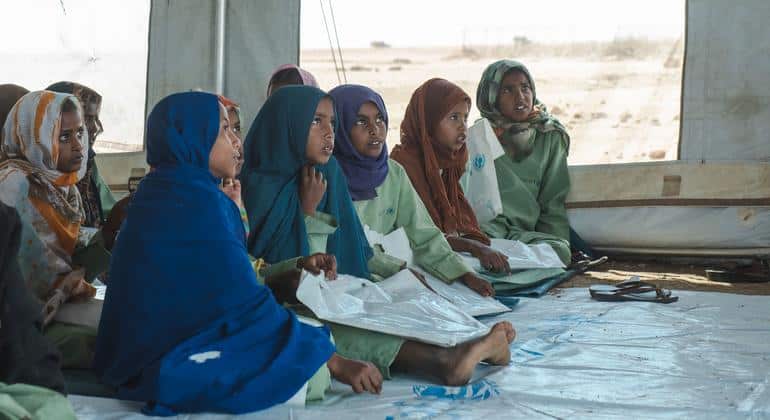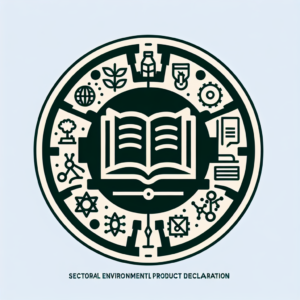Sure! Here’s the translation into American English:
In Sudan, the humanitarian situation has drastically deteriorated, especially for displaced families who have been without assistance for the past three months. The World Food Programme (WFP) has expressed its concern, announcing the withdrawal of support in certain areas due to a lack of funding, which has led to “heartbreaking” decisions about resource distribution. Leni Kinzly, WFP representative, emphasized the magnitude of needs in the country, urgently calling for an increase in international funding.
Children are the most affected in this crisis, with an alarming rise in malnutrition rates impacting particularly the youngest and their mothers. According to the United Nations Population Fund (UNFPA), about 13 million of the 17 million children in Sudan are not in the educational system. Of them, approximately seven million are registered but cannot attend classes due to the conflict, while another six million are not enrolled for the academic year.
Despite the adversity, the UNFPA has reported that 45% of schools have reopened, thanks to the efforts of various organizations. However, NGOs warn that the lack of education has a devastating impact on the youth, who also need access to food, clean water, and emotional support.
From November 2024 to July of this year, more than two million people have returned to their homes in Sudan, with the highest concentrations of returnees in Aj Jazirah, Khartoum, Sennar, Blue Nile, and White Nile. However, more than 4.2 million refugees remain outside the country after fleeing the conflict that began on April 15, 2023.
One of the most heartbreaking cases is that of Aysha Jebrellah, an 18-month-old girl admitted to the Pediatric Hospital in Port Sudan due to severe acute malnutrition. Her mother, Aziza, recounted her harrowing journey from Khartoum to Kassala and finally to Port Sudan, where they now reside with relatives. Aziza expressed her distress over her daughter’s health and her longing for her to receive the medical attention she needs.
The World Health Organization (WHO) also faces significant challenges, issuing a call for $135 million to address health needs, although so far only a small portion of this amount has been funded. This amount represents only a fraction of what is urgently required to mitigate the humanitarian crisis in the region.
via: MiMub in Spanish











